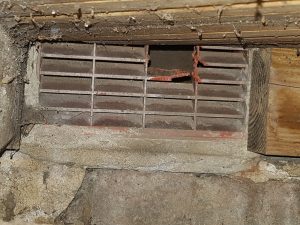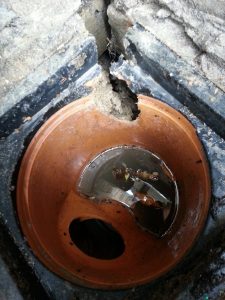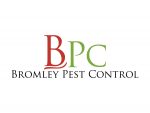Noises between 9am-11am? or 2am-4am?
Food Disappearing in the night?
Strange smell? Pile of droppings in a corner?
You May Have Rats!!!
-
Rats are a hazard to public health. They can transmit diseases which can be fatal to humans, such as Weil’s disease.
-
They also carry disease organisms such as Salmonella bacteria, viruses and parasites such as worms and fleas.

-
The main priority is to try and find how they entered the property, Without this stage it could be possible that total control could not be achieved. Even if the current rats are cleared, other rats could return in months to come.
Bromley Pest Control Eliminate Rat issues with an Integrated Pest Management (IPM) approach.
This involves finding and sealing entry holes, removing food sources, monitoring activity, lethal action, Cleaning and disinfecting.
We will also leave a detailed report of every action that has taken place.
*** WE HAVE THE TOOLS TO SURVEY DRAINS FOR DEFECTS THAT ALLOW RATS INTO THE PROPERTY ***
Biology and Behaviour
In an urban environment rats readily find food from a variety of sources such as, food waste thrown on the ground, poor management of feeding wild birds in gardens, poorly contained refuse from commercial and domestic premises, drains and sewers.
Rats will burrow, especially into soil, compost heaps, under paved areas such as patios and sheds. Service pipes such as Gas and water are also at risk with rats burrowing under foundations undermining buildings and other structures. Rats can be frequently found living inside buildings in cavities between walls and roof spaces or under piles of rubbish, near water or in drains and sewers. Due to the rats ability to squeeze through small openings it can be difficult to keep rats out of buildings without some form of proofing (sealing up) of gaps and holes.

Rats must continuously gnaw as their incisor teeth continuously grow through the whole of their life. Their incisor teeth are extremely strong and sharp so they can penetrate materials such as hard woods, concrete, lead and aluminium. This can result in expensive damage and even can lead to fires with a risk to public safety when electric cables are damaged. Rats can breed very quickly a healthy female can produce 5 litters a year each with between 6 and 8 young, with these offspring attaining sexual maturity in 8 to 12 weeks. At any time it is estimated that as many as30% of female rats in a population may be pregnant.
It is very easy for infestation of rats to build up without ever noticing or seeing a rat. Their nocturnal habits tend to keep them away from the human contact. If a rat is seen during the day it can be an indicator of an infestation.
Signs of infestations are:

- Droppings,
- Gnaw (teeth) marks,
- Runs and smear (grease) marks.
What can you do to prevent an infestation?
There are many issues that cause infestations of rats. Listed below are some items that are worth checking to make sure that an infestation is less likely:
- Ensure that any broken air vents are replaced.
- Ensure that all holes in exterior walls are sealed with a suitable material (concrete)
- Ensure that any defective drainage is promptly repaired such as broken drain pipes and inspection chambers covers
- Ensure that your rubbish/waste is placed in an approved bin with a good fitting lid

Chewing out of gully and into house Gully trap been chewed through and into the property
- Ensure that any compost heaps/bins is properly maintained (rats can burrow into compost heaps or under bins
- Place food intended for garden birds on a bird table or approved feeder, do not place food for birds directly onto the ground
Removing easily accessible food and eliminating shelter for rats are among the most basic and important factor to prevent an infestation. If you find signs of an infestation for example rat droppings, gnawing marks, smear marks take immediate action to control the infestation. If you request a baiting programme to eliminate rats for the programme to be successful it is vital to maintain an uninterrupted supply of bait. This can only be achieved by ensuring that all revisits appointments made with the pest control team are kept.
You must not interfere or reposition any baits laid as part of a treatment programme and you must keep all children and pets away from bait stations at all times. If you decide to treat an infestation yourself do not leave rat bait down for extended periods, remove baits as soon as the infestation has been controlled, this will reduce the risk of rodenticide resistance.

We Survey Drains to find rat entry points – See below


